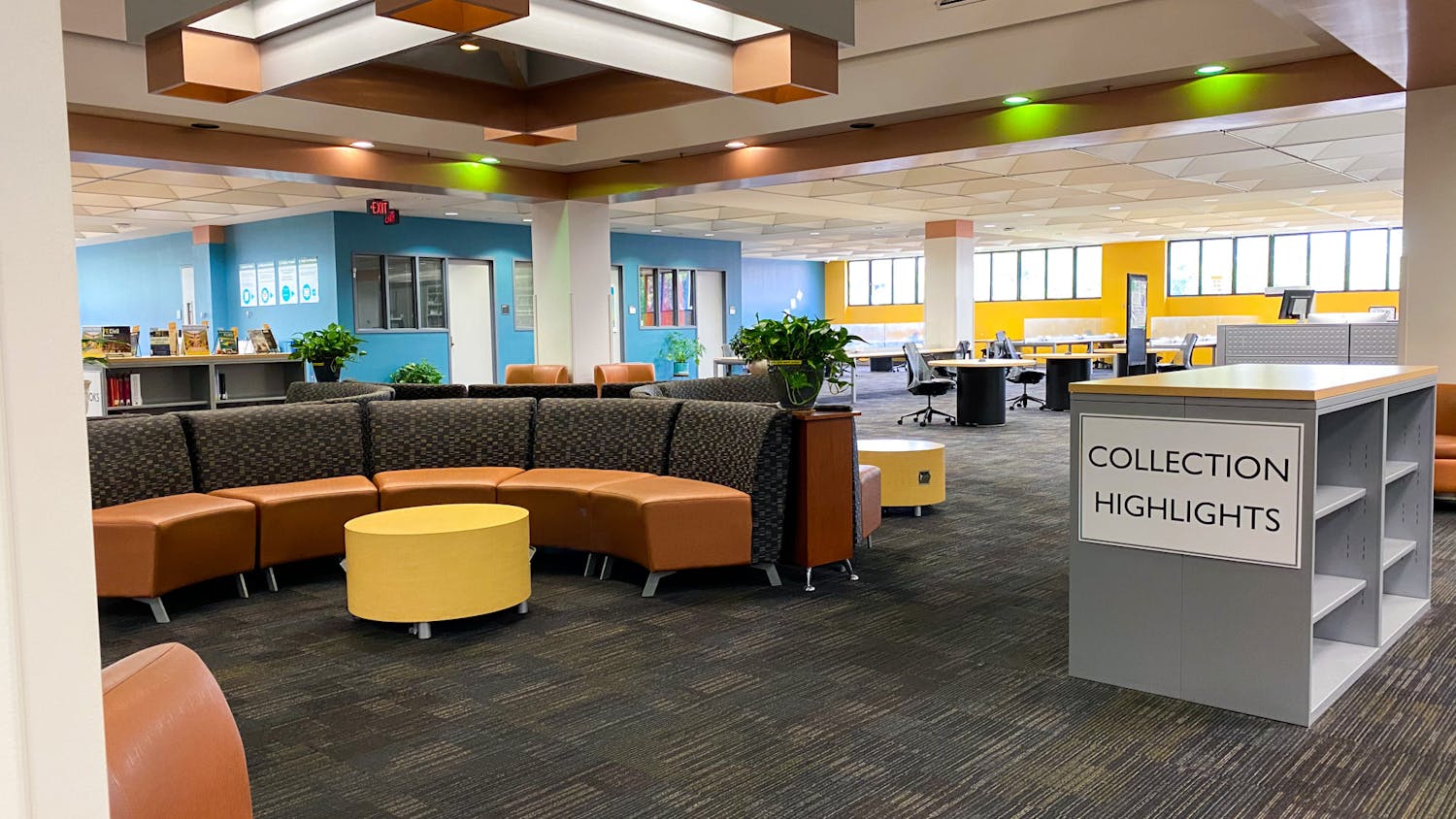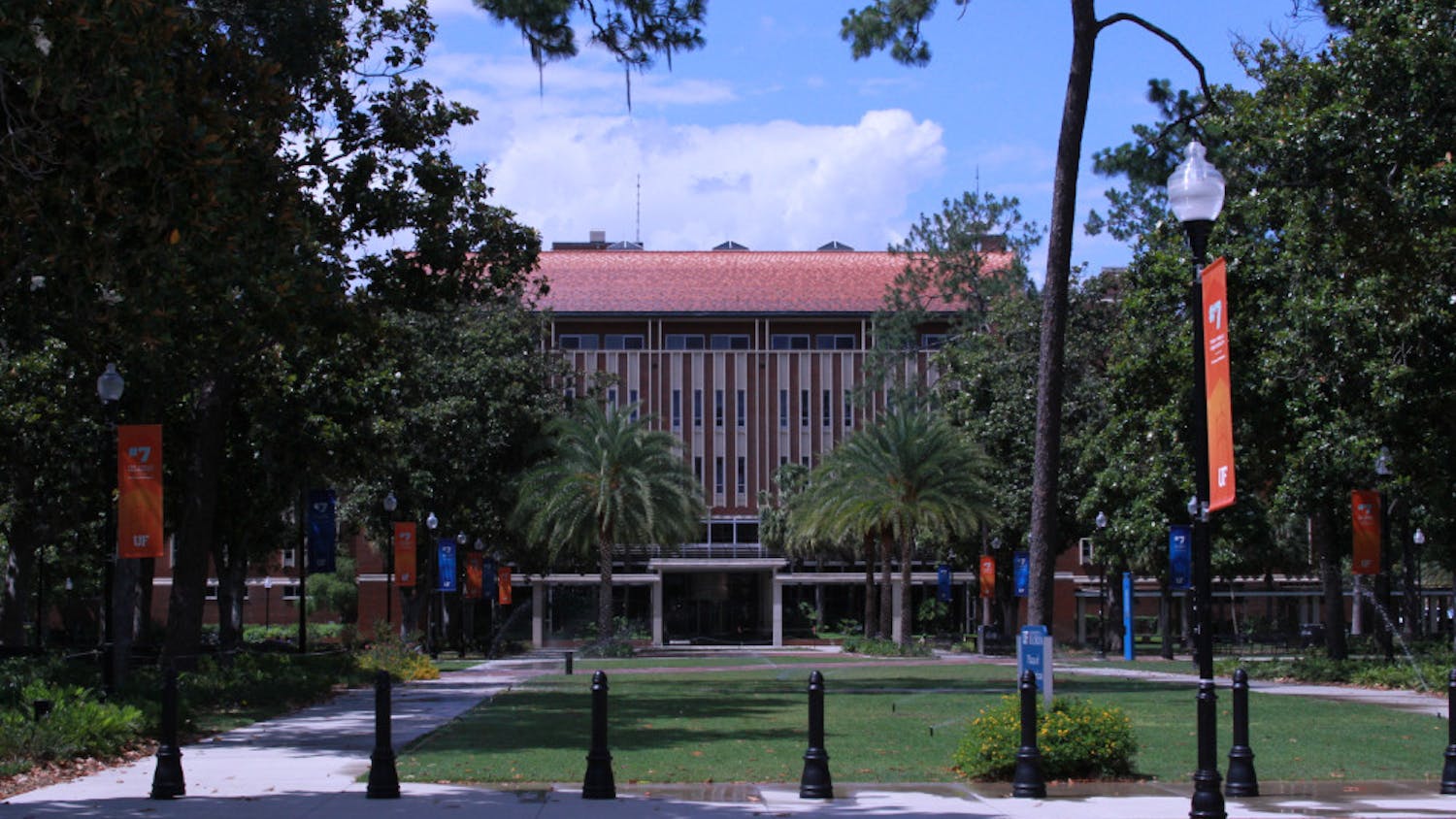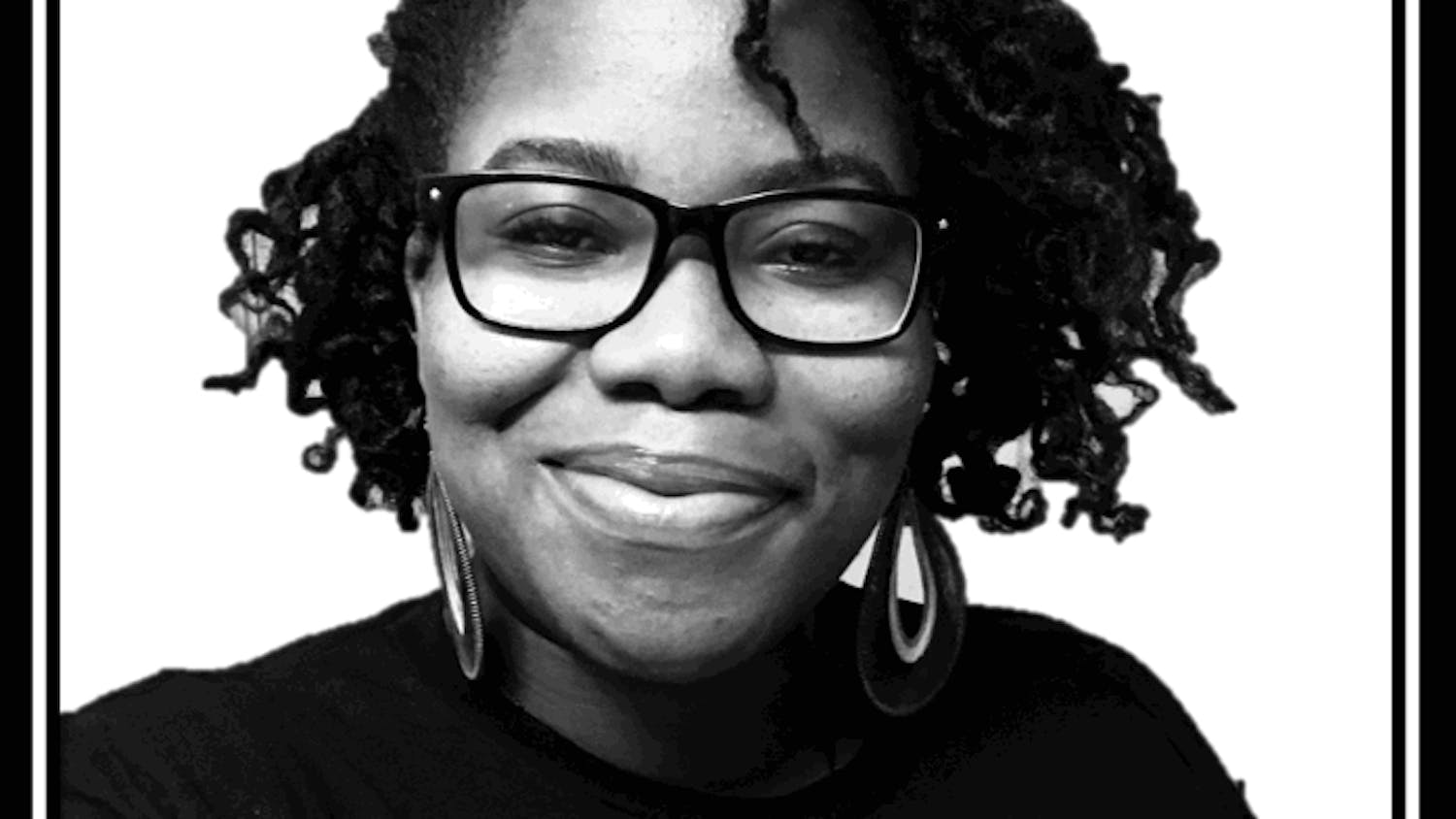The George A. Smathers Libraries received two large grants to digitalize newspapers and conduct research on credibility.
This month, the libraries were granted $288,000 to fund the Florida and Puerto Rico Digital Newspaper Project. The libraries also received a $491,822 grant to fund the "Researching Students’ Information Choices: Determining Identity and Judging Credibility in Digital Spaces" project.
The first project, the Florida and Puerto Rico Digital Newspaper Project, is part of the National Digital Newspaper Program, which funds UF to digitalize 210,000 pages of newspapers from Florida and Puerto Rico, according to UF Smathers grants manager Bess de Farber.
The newspaper project will digitalize papers published between 1836 and 1922 and turn them into a searchable online database, de Farber said.
"Newspapers give you the account of daily life that is unavailable from other sources unless you have a diary or a journal entry," de Farber said.
The other grant-funded project will examine how students determine credibility when they conduct research, said Amy Buhler, UF director of the "Judging Credibility" project grant.
The project will make a simulation, which will replicate what a Google search result might look like. Students will then select the resources they would use for a specific project, she said.
"With the age of online information, we are searching for little nuggets of information and not necessarily looking for where is that information contained," Buhler said.
UF business sophomore Andrea Martinez, 19, said she uses Google Scholar to conduct research because it helps her determine what is credible by sorting information for students.
Martinez said she thinks the grant’s data could provide some insight into the way students conduct research.
"(The research) could show whether UF students are being educated on how to find credible sources," Martinez said.
The grant will start Dec. 1 and run for three years. The project is partnering with the Online Computer Library Center and Rutgers University.
"The reason we are doing this project is because we hope to understand what students are facing when they are doing their online searching in this day and age," Buhler said.





